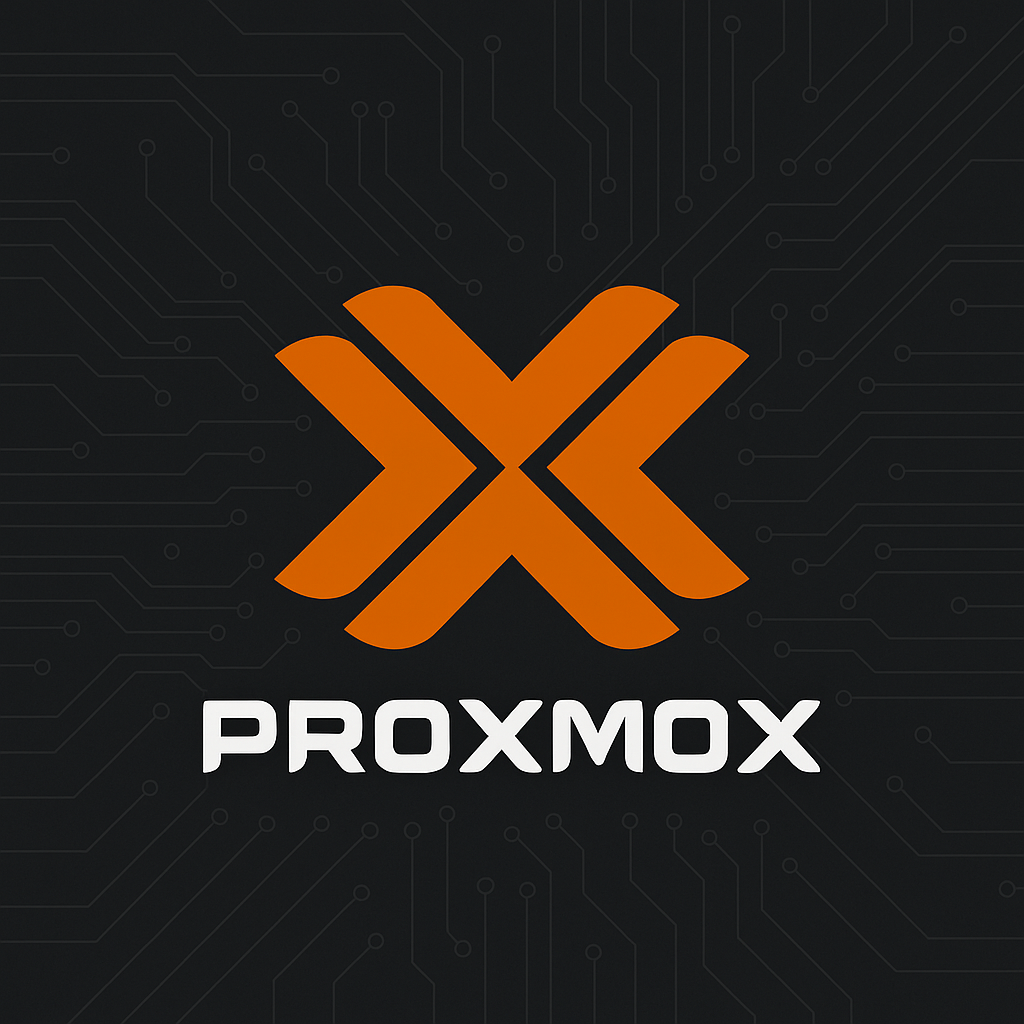Proxmox plays a pivotal role in managed hosting services by serving as a powerful, open-source platform for virtualization and containerization, making it ideal for companies seeking cost-effective, flexible, and scalable infrastructure solutions. Here’s a breakdown of how Proxmox fits into managed hosting and how these services simplify its adoption and ongoing management:
Ease of Use with Proxmox
Proxmox unifies virtual machines (KVM) and containers (LXC) in one platform, managed via an easy-to-use web interface. Key usability features include:
► Centralized dashboard for managing nodes, VMs, containers, storage, and backups.
► Built-in backup and snapshot tools that are easy to configure and automate.
► Flexible networking with virtual bridges and VLAN support.
► Live migration support for VMs between nodes with minimal downtime.
For IT teams, especially those without deep virtualization expertise, this simplicity makes Proxmox an attractive alternative to complex, expensive platforms like VMware or Hyper-V.
How Managed Hosting Services Enhance Proxmox Deployment
A managed hosting provider helps companies unlock the full potential of Proxmox while removing the complexity and risk associated with self-managed infrastructure. Here’s how they assist:
1. Initial Setup & Configuration
► Hardware selection and provisioning optimized for Proxmox workloads.
► Cluster setup with high availability (HA), Ceph storage, and networking tailored to client needs.
► Migration planning to transition from legacy or cloud environments.
2. Ongoing Management
► Monitoring and alerting to detect performance or stability issues early.
► Scheduled backups and disaster recovery implementation.
► OS and Proxmox updates applied securely with minimal downtime.
► Security hardening and firewall management to meet compliance standards.
3. Performance Optimization
► Continuous resource tuning based on workload demands.
► Storage and network optimization for better throughput and reliability.
Assisting with VMware-to-Proxmox Transitions
As VMware licensing and cloud costs continue to rise, many businesses are looking to transition away from proprietary platforms. Managed hosting services play a crucial role here:
► Assessment and planning: Inventory existing VMware VMs, dependencies, and configurations.
► Migration strategy: Convert VMware VMs to Proxmox-compatible formats using tools like qemu-img and built-in importers.
► Downtime minimization: Plan staged migrations and use live migration where possible.
► Training and documentation: Educate in-house teams on how to operate and monitor Proxmox once it’s in production.
By partnering with a managed hosting provider, businesses avoid the pitfalls of DIY transitions and accelerate their move to a more cost-effective, open-source virtualization platform.
In Conclusion
Proxmox paired with managed hosting, delivers a powerful and user-friendly virtualization platform. Businesses save on infrastructure costs, avoid vendor lock-in, and gain expert support for setup, migration, and scaling. It’s the perfect solution for modernizing IT systems and moving away from costly proprietary cloud platforms.


Leave a Reply
You must be logged in to post a comment.